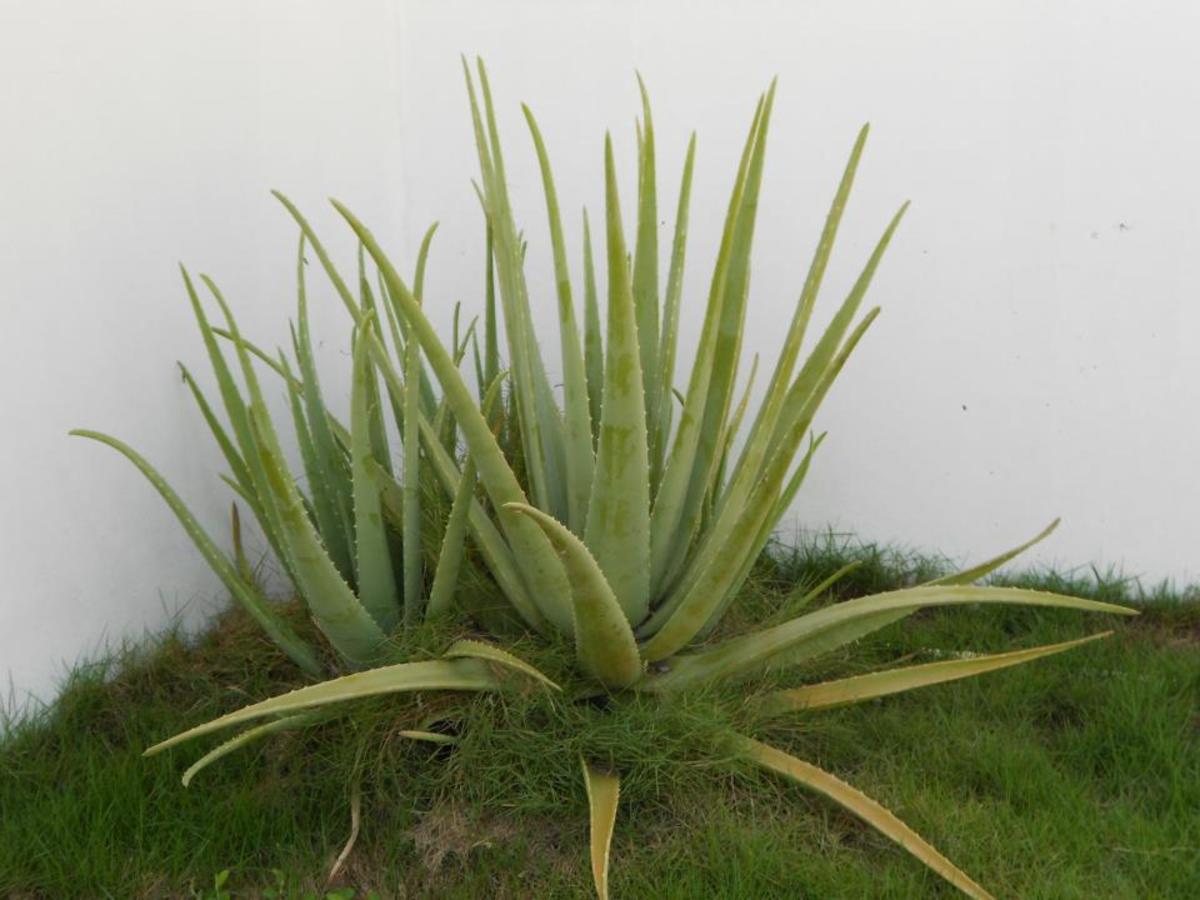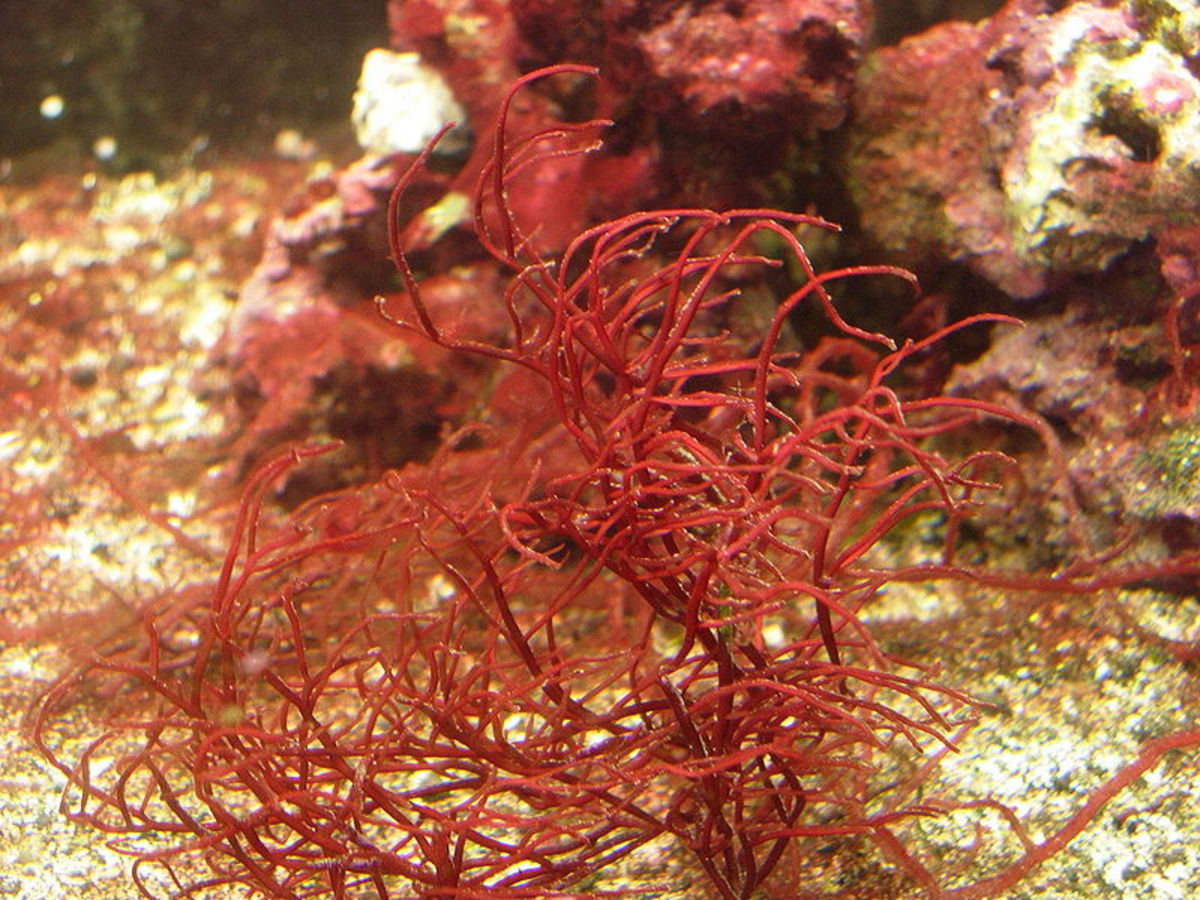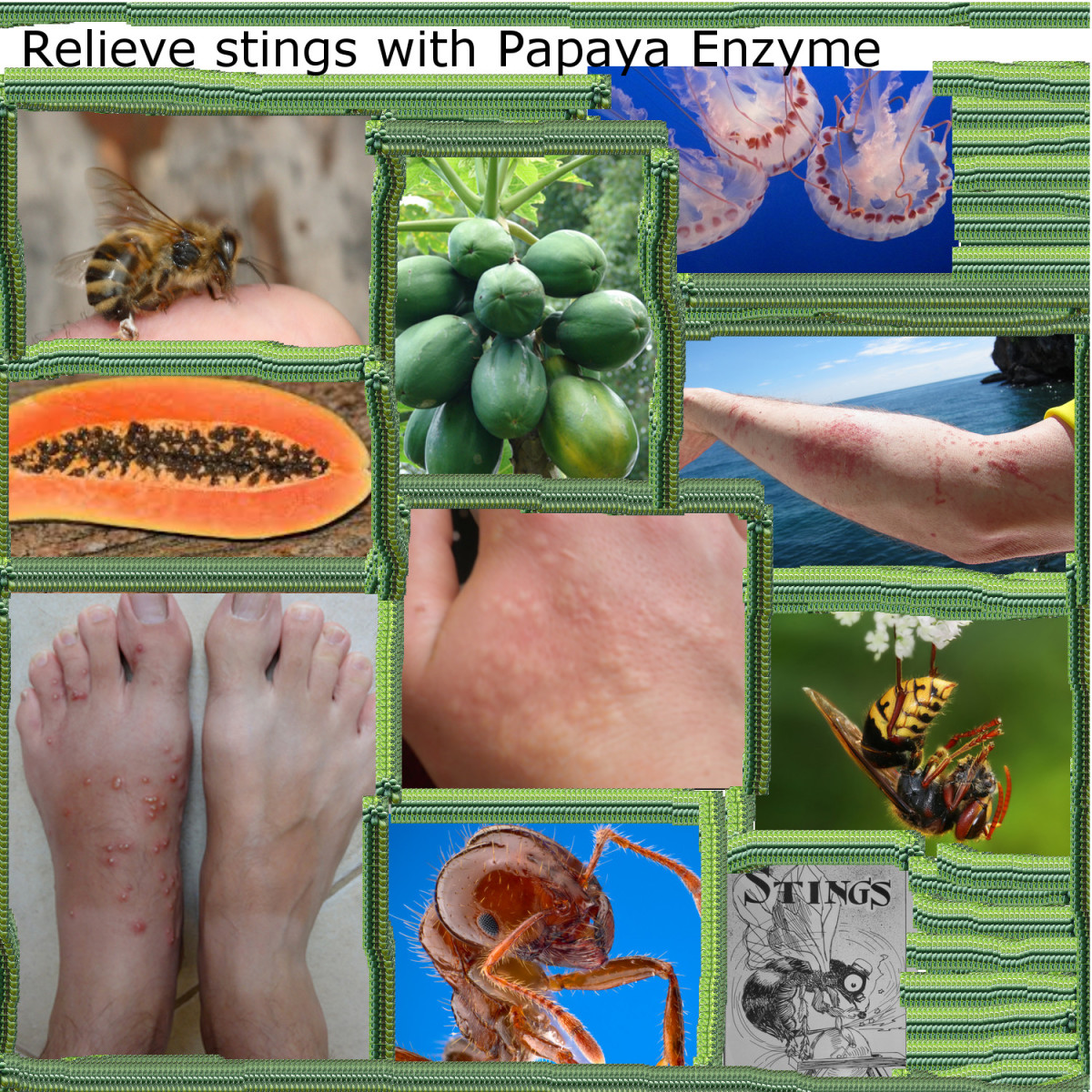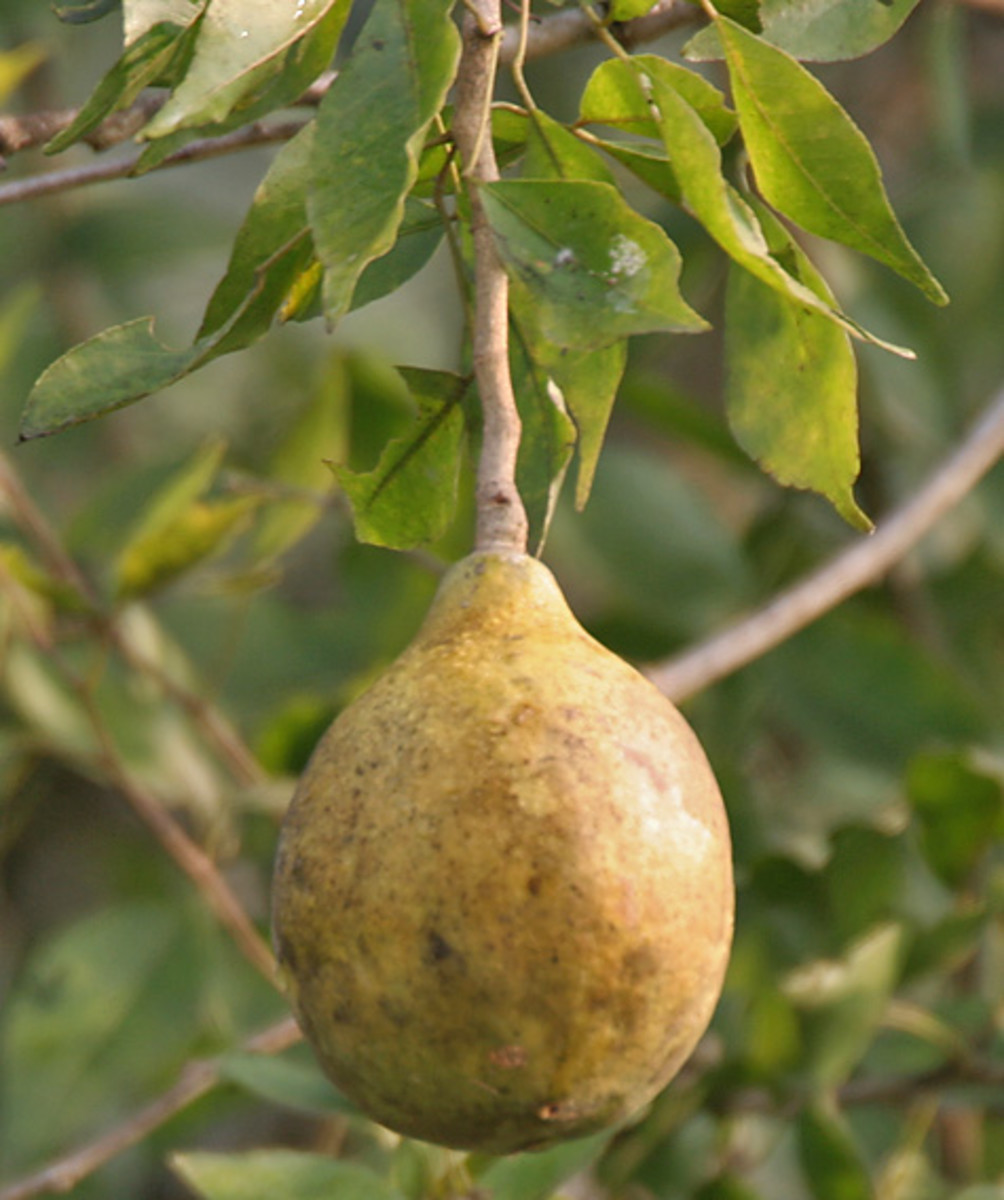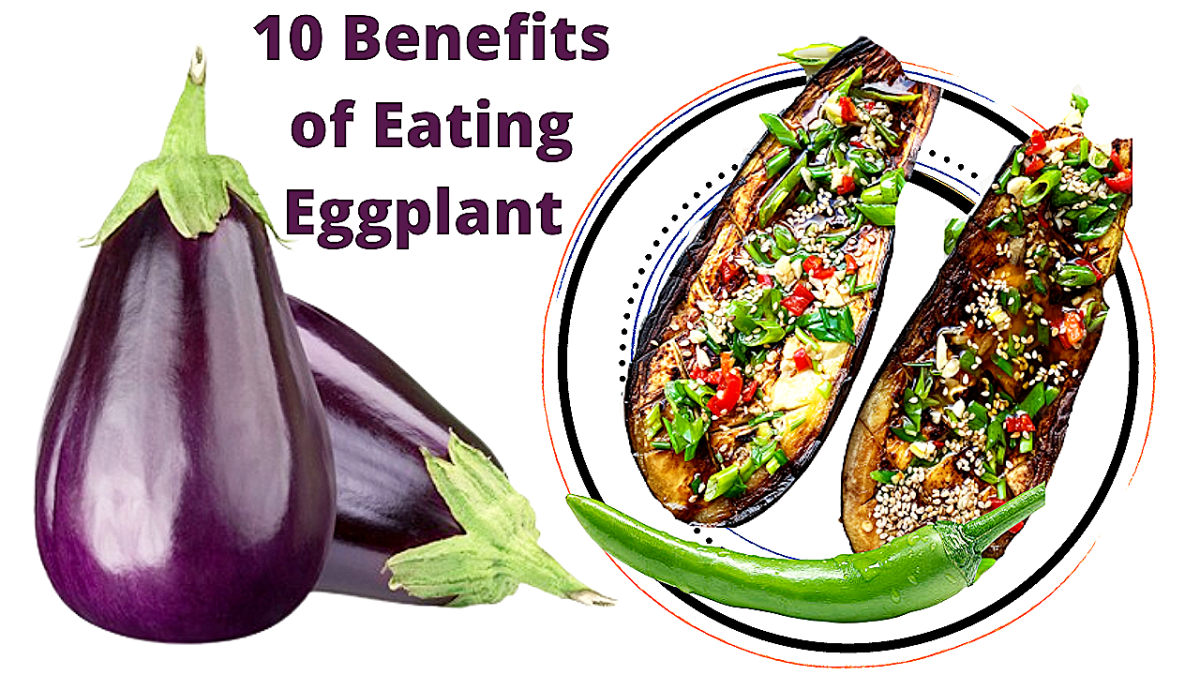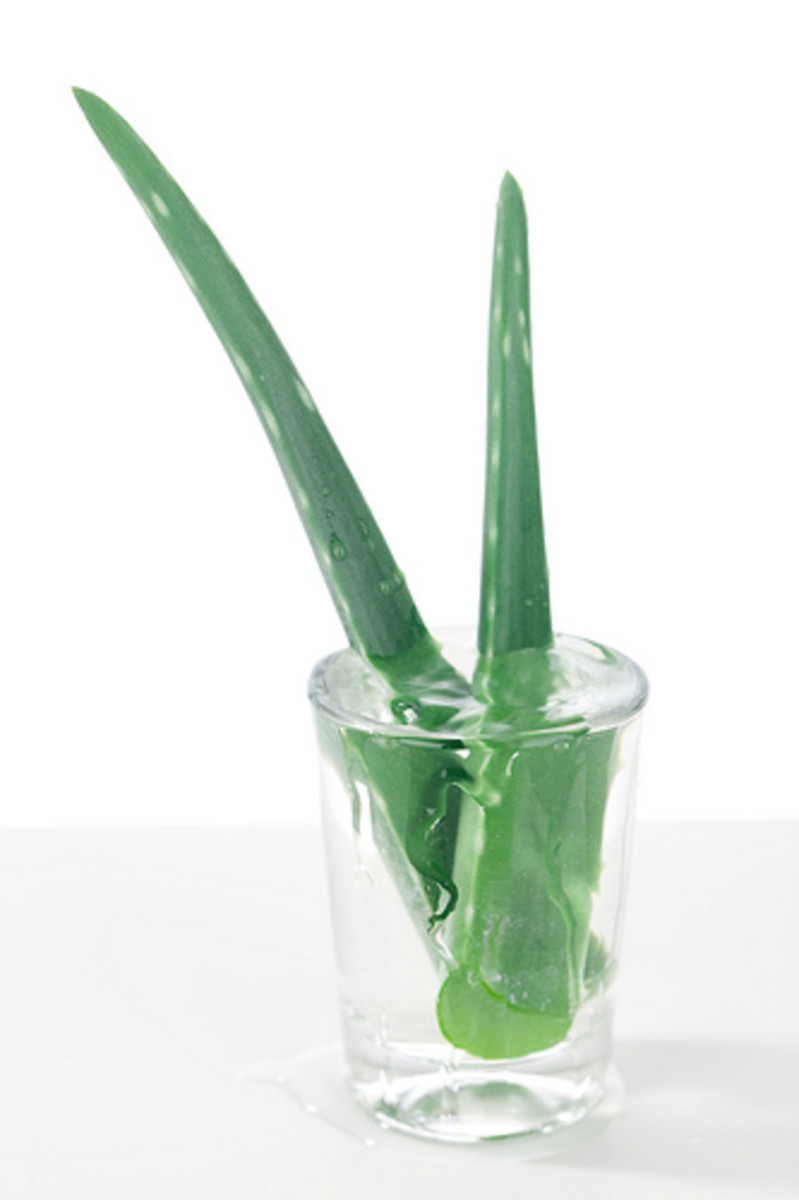Papaya Benefits: Health and Nutrition
Papaya is a fast growing plant that can grow up to 3 m every year. Origin of the papaya cultivation is believed to be in South Mexico and Costa Rica. Of the total global producton, 3 million tonnes is produced by India alone which is the leader in papaya fruit production.
Brazil, Mexico, Nigeria, Indonesia, China, Peru, Thailand and Philippines are other leading producer of the papaya. Christopher Columbus referred to the fruit of papaya plant as "the fruit of the angles" probably because of the luscious taste of the fruit.

Papaya was called "The tree of life" by Mayans. These people worshiped papaya for its medicinal uses in day to day life. Papaya (Carica papaya) belongs to genus of the plant family Caricaceae and also known by names such as papaw, or pawpaw.
'Lechosa' a term, used for the latex or milky sap released by plant parts of papaya tree, is popular for papaya in the Dominican Republic.
Health benefits
All the above ground parts of the papaya plant are used for medicinal purposes. Papaya is used either in a form of fermented papaya, herbal teas, tablets or fresh fruit.
1. Helps improve digestion: Enzymes 'papain' and 'chymopapain' found in papaya are very useful in digestion of food. Papain enzyme breaks down the proteins from the food into amino acids.
2. Strengthens the immune system: Papaya strengthens the immune system and prevents the recurrent colds and flu.
3. Prevents cholesterol oxidation: Papaya is known to prevent cholesterol oxidation because of its high antioxidant content.
4. Reduces arthritis severity: It also reduces the severity of Rheumatoid arthritis and osteoarthritis.
- Banana Health Benefits & Popular Banana Recipes
The ancient Chinese and Vedic writings include details of healing properties of Banana. Most beneficial uses of banana include its uses as a mild laxative, healer of the intestine lesions, destroyer
5. Treats bowel disorders: Papaya is believed to stimulate the bowels during constipation and be useful in treating inflammatory bowel disorders.Eating papaya prevents bloating, indigestion, reduces inflammation, pain and edema.
6.Replenishes good bacteria & destroys parasites: Papaya juice replenishes the good intestinal bacteria destroyed by the antibiotics used for treatment of ailments.Research studies have shown that papain the enzyme can destroy intestinal parasites.Being a proteolitic enzyme, papain digests inert (non-living) proteins like intestinal parasites (mostly proteins) and causes parasite to die.
7. Slipped Spine Disk: Chymopapain is suggested for treatment of slipped spinal disc and pinched nerves. Safety of administration of enzyme still remains a concern for researchers.
8. Lowers risk of macular degeneration: Research studies published in the Archives of Ophthalmology revealed that 3 or more servings of papya per day compared to 1.5 servings lowered risk of age-related macular degeneration (ARMD), the primary cause of vision loss in older adults.
9. Reverses lesions by prostrate enlargement: Role of the papain is being investigated if any in relieving acute prostate inflammation, treating Herpes and usefulness in cases of benign prostatic hypertrophy (BPH). Rectal lesions induced by extreme prostate enlargement in over 97 percent of the men treated in clinical studies in Russia reversed by papain treatment.
10. Use in enzyme therapy: Caricain, and chymopapain, from papaya latex are being studied for suitability in enzyme therapy in gluten intolerance.
Caste your vote for other's guidance
Did you find ripe papaya useful as a remedy for constipation?
Other medicinal uses:
The roots or their extracts have been used for tumors of the uterus, syphilis, yaws, hemorrhoids, and to remove urine concretions.
The unripe fruit is reported to be used as a mild laxative or diuretic, and to stimulate lactation, labor, or abortion.
The ripe papaya fruit has been used extensively for treatment of rheumatism and alkalizing the urine.
The seeds are mentioned to be used as an anthelmintic or to stimulate menstruation or abortion.
The leaves are believed to work as a poultice on nervous pains and elephantoid growths.
The latex was used for treating skin infections such as psoriasis, ringworm, dyspepsia.The latex also finds mention for use by people in several countries as antiseptic application or to heal burns or scalds, or smeared on the cervix as an ecbolic.
Aqueous leaf extract of papaya is being studied for its effectiveness for the treatment of cancer and various allergic disorders.
Conventional uses: In Asian countries, green papaya is understood to be used by women as a contraceptive. Unripe and green papaya is believed to induce miscarriage when consumed in large quantities.
Ripe papaya in small quantities do not exhibit teratogenic characteristics. It is believed that eating unripe papaya for 3 consecutive days may induce abortion. Progesterone, needed for conception and pregnancy, is understood to be suppressed by papain present in ripe papaya if consumed daily.
Leaf and bark papaya extract is used effectively to keep gums healthy and reduce toothaches in several countries around the world. Fruit juice of the papaya has been used widely for treatment of warts, corns, indurations of skin, tumors and cancers.
Nutritional profile: Different plant parts like stem, leaves and fruits contain plenty of latex that is rich in papain (vegetable pepsin, a mixture of protein degrading enzymes) and chymopapain. However, both the enzymes dissipates with the ripening of fruit.
Papayas are rich in antioxidants, minerals and fiber.Papain, an enzyme produced from the dried latex, is found in the fruit and other parts of the papaya tree is extracted for its use in dietary supplements.
High nutritive value of the tropical fruit and its richness in medicinal properties makes it a valuable fruit crop as evidenced by the 6 million tonnes of total annual production in the world.Richness of papaya fruit in different vitamins, antioxidants, dietary minerals and fiber makes it highly nutritious fruit.
Allergies & adverse reactions
Although papaya juice papaya seeds are considered relatively safe for oral consumption, latex (topically) may be a severe irritant and vesicant in sensitive people. Gastric irritation may be caused by papaya leaves if used in large quantities.
Its an excellent source of Vitamin A and C; good source of dietary minerals potassium, folate, vitamin E, K , flavonoids, carotene and dietary fiber.Low calories, small amount of calcium, iron, riboflavin, thiamine and niacine and sodium makes it good fruit for consumption.
Seeds, pulp and skin of the fruit contain various polyphenols. Antioxidant levels in fruit are believed to increase with ripening of the fruit.Unripe fruit and young leaves of the papaya contain an alkaloid compound known as carpaine. Glycosides 'sinigrin' and 'caricin' are found in the seeds of the papaya fruit.
- Indian Agriculture: An Overview
About 73 per cent of the gross sown area is covered by food crops.Food grain production in India increased from 51 million tonnes in 1950-51 to 218.1 million tonnes in 2009-10. As per the 4th Advance estimates as on 19.07-2011, it was estimated to to
© 2012 C V Singh

